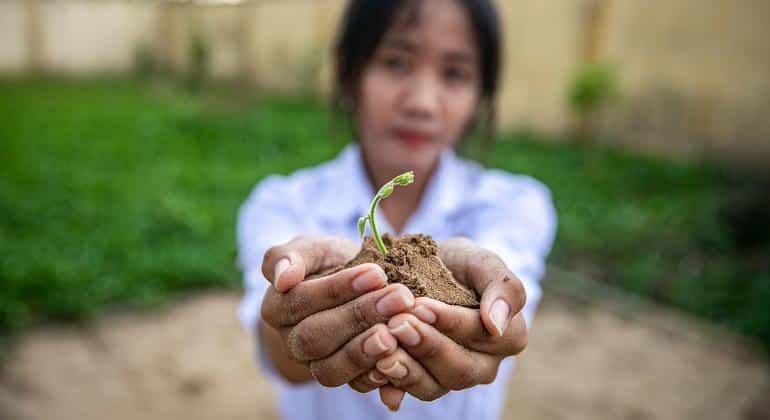The most anticipated climate event, COP30, will take place from November 10 to 21, 2025 in the Amazon rainforest of Brazil, a symbolic location to address environmental challenges. This summit will explore crucial topics for the survival of the planet, at a time when the climate crisis demands strong and coordinated responses. Organizers anticipate significant opportunities to make important advancements in climate-related issues, highlighting the need to reduce alarming levels of plastic pollution and secure the necessary funding to transition towards a more sustainable global economy.
One of the central focuses of COP30 will be the commitment to limit global warming to 1.5 degrees Celsius above pre-industrial levels. This goal, supported by the UN, is considered essential to prevent catastrophic consequences, especially for island nations and other “frontline states” threatened by rising sea levels. At this summit, attending countries are expected to present more ambitious commitments in reducing greenhouse gas emissions, under the premise that current promises are insufficient.
The choice of Brazil as the host of COP30 resonates with a renewed commitment to environmental protection, recalling the historic 1992 “Earth Summit” that laid the groundwork for climate change treaties. The Amazon rainforest, which plays a crucial role in absorbing carbon dioxide, will be the backdrop for discussions on deforestation and sustainable development.
Additionally, the issue of financing for developing countries will occupy a prominent place on the agenda. Many of these states face serious difficulties in moving away from fossil fuel dependence. During COP29, held in Baku, an agreement was reached to triple climate financing for these countries, though experts warn that a much greater effort is needed to adequately address the climate crisis.
Another relevant aspect will be the role of the International Court of Justice, which is evaluating States’ obligations on climate change. This process could lead to reforms in international climate law, as the Court has been reviewing testimonies from various nations that may influence future global agreements.
Lastly, the growing plastic pollution will be another priority topic of discussion. Significant progress was made during negotiations in Busan, South Korea, towards creating a global agreement to combat this issue, with a focus on establishing a legal framework to regulate the production and use of plastics, covering their entire lifecycle and ensuring the implementation of effective measures against pollution.
With COP30 on the horizon, the world watches with anticipation to see if nations are capable of providing effective and sustainable responses to the challenges posed by the climate crisis, a phenomenon that not only demands immediate attention but also a joint and determined commitment to ensure a viable future for all.
Referrer: MiMub in Spanish











